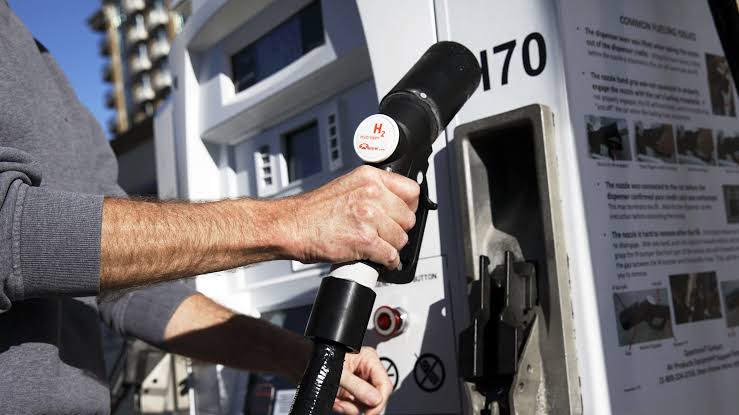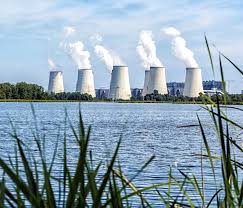By Obabueki Victor Nosakhare
A company called Energy Vault had devised a Gravity-based energy storage system which uses the energy produced when renewable generation is high to raise 30-tonne bricks into the air inside a special building.
Why? Well, elevating the bricks results in them storing what is known as potential energy. This is similar to the kind of energy held in a spring when you stretch it – releasing the spring releases the energy stored. In the case of the Energy Vault system, once the raised brick is lowered, it releases kinetic energy that can be fed into power grids.
The blocks are all stored within modular buildings that can be built up in units of 10 megawatt-hour to whatever size is required.

Hydropower accounts for more than 60% of global renewable energy generation.
Pumped hydroelectric storage operates according to similar principles to gravity-based energy storage. It pumps water from a lower reservoir into a higher reservoir, and can then release this water and pass it downwards through turbines to generate power as and when required.
Water is pumped to the higher reservoir at times when electricity demand and prices are low. It is released when electricity demand rises.
Pumped storage hydropower makes up 94% of the world’s energy storage, the International Hydropower Association says, adding that studies suggest a significant potential to scale this up even further.
While pumped hydro moves water upwards, compressed air energy storage (CAES) involves moving energy underground.
It works by using surplus power to run a rotary compressor that condenses air.
This highly pressurized air is then packed into an underground cavern or container and can later be released, heated and expanded in a turbine to generate power.
Compressed air energy storage involves moving highly pressurized air into underground caverns.
This approach has been in use since the 1870s, but there are only two commercial-scale CAES plants in operation worldwide – one in the US that was commissioned in 1991 and one in Germany that launched in 1978.




